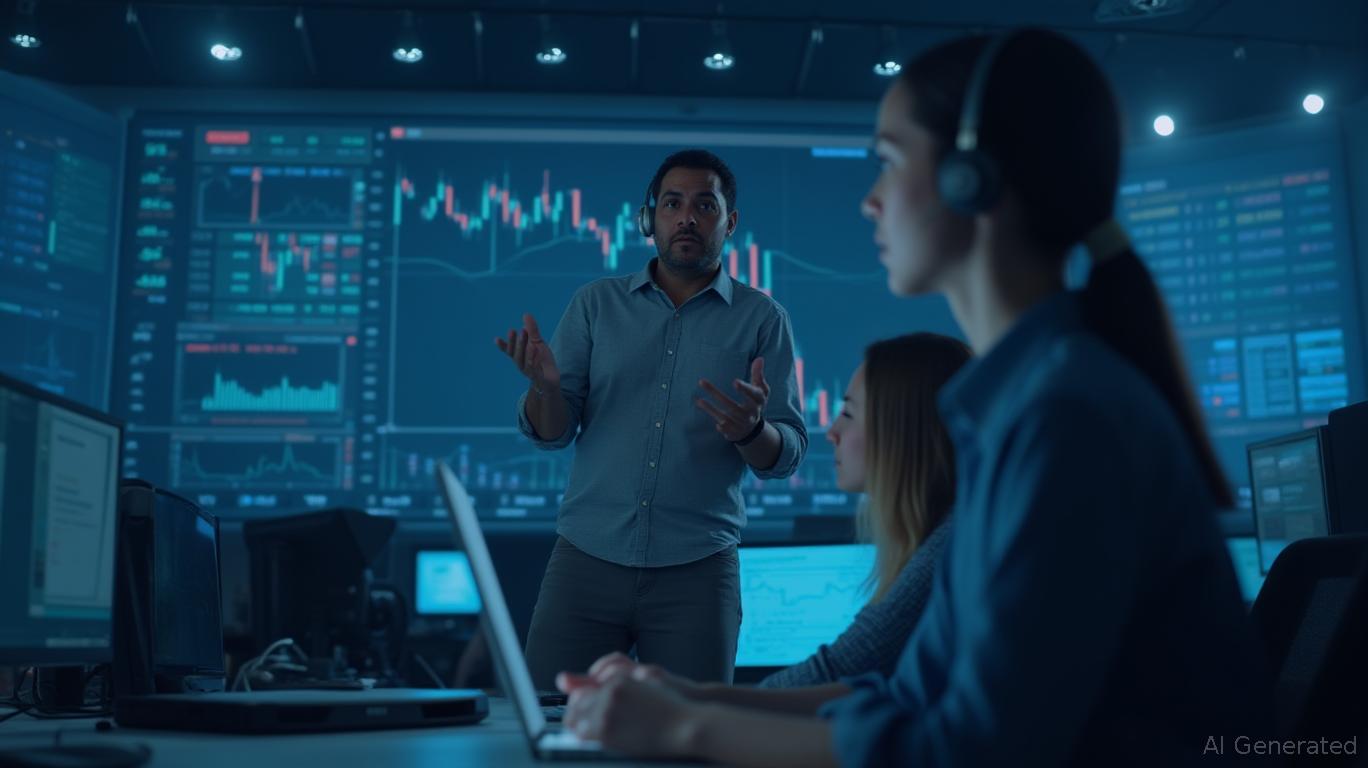Is Enhancing Ocean Alkalinity a Solution for the Planet That Won’t Harm Marine Ecosystems?
- Scientists propose boosting ocean alkalinity to enhance CO2 absorption, aiming to mitigate climate change by leveraging seawater's chemical properties. - Adding crushed limestone or alkaline materials could form stable carbonates, potentially removing significant atmospheric CO2 and expanding oceans' role as carbon sinks. - Experts debate scalability and ecological risks, cautioning that pH alterations might disrupt marine ecosystems, including coral reefs and shellfish populations. - The study emphasize
Researchers have introduced an innovative strategy to address climate change by boosting the ocean’s natural carbon dioxide absorption through increased alkalinity. As outlined in a recent
This method consists of modifying the ocean’s pH by adding materials such as ground limestone or other alkaline substances, which interact with dissolved carbon dioxide to create stable carbonate forms. In theory, this could extract large quantities of CO2 from the atmosphere and lock it away in the ocean for long durations. The Coin-Turk article notes that such measures might expand the oceans’ current capacity to absorb carbon, which now takes in about one-fourth of emissions produced by humans.

Supporters point to the scalability of this approach and its compatibility with natural oceanic processes, suggesting it could work alongside existing carbon capture solutions. On the other hand, opponents stress the importance of thorough environmental evaluations to understand the potential long-term effects on marine habitats. Adjusting alkalinity could upset sensitive chemical equilibriums, posing risks to coral reefs, shellfish, and other sea creatures that rely on stable pH conditions. The research highlights these unknowns and recommends more studies to improve the method and limit negative outcomes, as mentioned in the Coin-Turk article.
This breakthrough comes at a crucial moment, with global emissions still climbing despite worldwide climate initiatives. Although the ocean alkalinity approach is still experimental, it signals a move toward broader geoengineering tactics. Some specialists warn that such interventions should not distract from the immediate need to cut fossil fuel use, but they could offer additional support in the overall fight against climate change, according to the Coin-Turk article.
Disclaimer: The content of this article solely reflects the author's opinion and does not represent the platform in any capacity. This article is not intended to serve as a reference for making investment decisions.
You may also like
CryptoQuant reports Bitcoin whales back in profit at $112,788

The Misleading Dilemma: How Instant Technology Brings Together Privacy and Protection
- Malaysia’s MCMC collaborates with tech giants to implement eKYC protocols for under-16s, prioritizing privacy under data protection laws. - Traditional document-based verification risks data breaches, with 2025 IBM report citing $4.4M average breach costs. - Privacy-first solutions like real-time biometrics verify identity without storing sensitive data, aligning with KYC/AML standards. - Global challenges include $2T annual money laundering and $10B U.S. costs from underage social media access, driving

Uniswap News Today: Celo’s Uniswap v4 Strives to Make Finance Accessible in Developing Regions
- Uniswap v4 launches on Celo blockchain, offering low-cost, customizable DeFi solutions to 600,000+ daily users. - Protocol's "Hooks" enable developer customization while Celo's sub-cent fees and fast finality boost real-world adoption. - Network's ecosystem expansion includes Aave/Velodrome integrations and 365% revenue growth post-Ethereum L2 migration. - Celo aims to redefine DeFi in emerging markets through $1B monthly stablecoin volume and mobile-first financial inclusion tools.

AI Guides Crypto Investors Amid Global Political Turmoil
- AI integration in crypto trading accelerates, with ChatGPT and Ozak AI offering real-time insights and predictive analytics. - PayPal’s OpenAI partnership boosts stock prices, highlighting AI’s role in digital finance workflows and crypto market navigation. - Ozak AI’s DeFi platform uses machine learning to forecast markets, aiming for 200x returns under optimal conditions. - Institutions like Falcon Finance and Circle’s Arc blockchain expand AI-driven trading across traditional and digital assets. - Des
